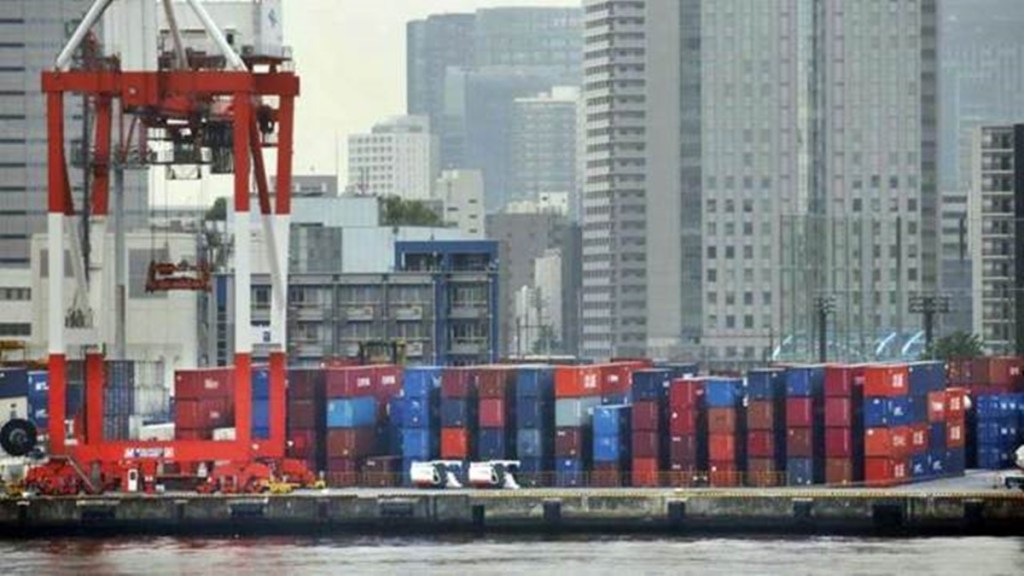Invoking the India-Korea Comprehensive Economic Partnership Agreement, the Directorate General of Trade Remedies (DGTR) has recommended re-imposing customs duty for two years on imports of ferro-molybdenum, an alloy used by the steel industry, from South Korea .
The DGTR, India’s trade defence mechanism body, is has reccomended a 5% duty on ferro-molybdenum for the first year and 3.75% for the second year. The imposition of duties will have to be notified by the Central Board of Indirect Taxes and Customs under the Department of Revenue.
Also read: Demand for rural jobs scheme increases again in May
The duties proposed are as per the bilateral safeguard rules of the India-Korea CEPA, which allows such measures if imports constitute substantial cause of serious injury or threat to domestic industry. Duties that can be applied will have to be at rates applied on Most Favoured Nations for trade, which means everyone except those on the negative list.
In September 2022 DGTR, on a complaint by some Indian companies and the Indian Ferro Alloys Producers’ Association, launched an investigation into the surge in imports from South Korea of the alloy of iron and molybdenum after the trade agreement brought down duties to nil in 2017-18.
The alloy is used by the steel industry to add molybdenum to steel to increase its strength, hardness and resistance to corrosion. This steel is then used by critical industries like auto and defence.
With duties coming down to zero, the imports from Korea doubled to 1,598 MT in the first year itself. And after that they have been consistently rising, touching 4,279 MT in April-December of 2022.
The investigation found that the entire increase in demand between October 2021 and March 2022, which has been considerable, was met entirely through imports.
Also read: IPEF supply chain pact could shift production centres to India
With the duty removal, imports of the alloy from South Korea increased to 39% of the total demand from 23% in 2018-19. As a proportion of Indian production it increased to 71% from 32% in recent period.
Indian producers contended that before the concessions under CEPA kicked-in, the share of Korean imports was 1% to 10%. The surge has led to spare capacity with Indian producers, low profitability and constraints to their expansion. The higher import duty on raw material of the alloy further hurt the sector.


